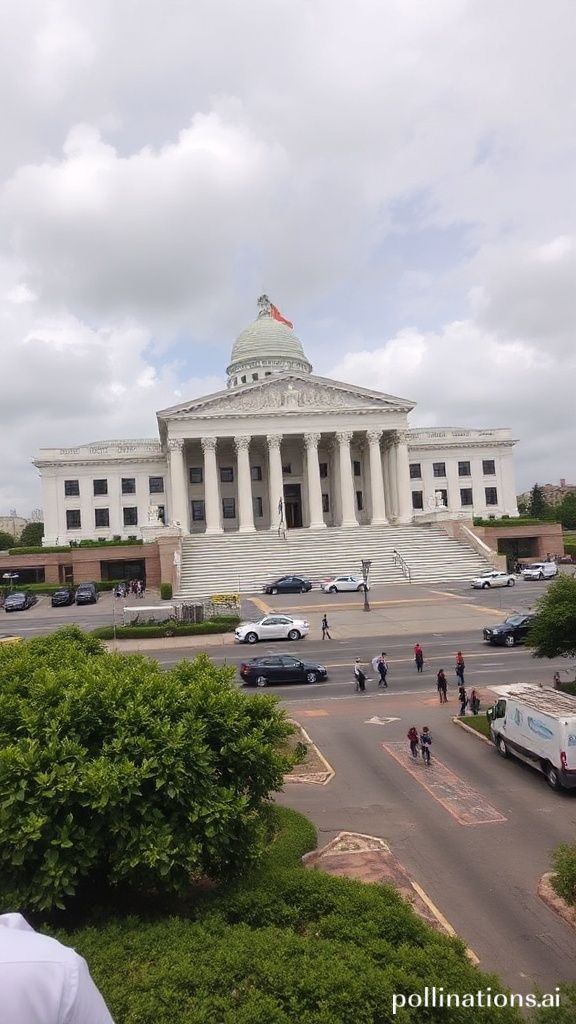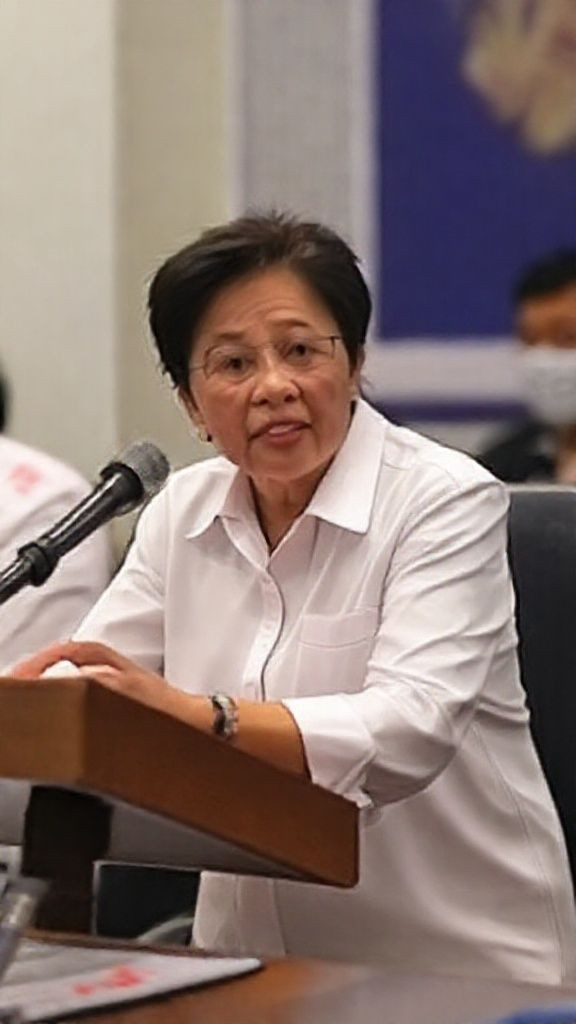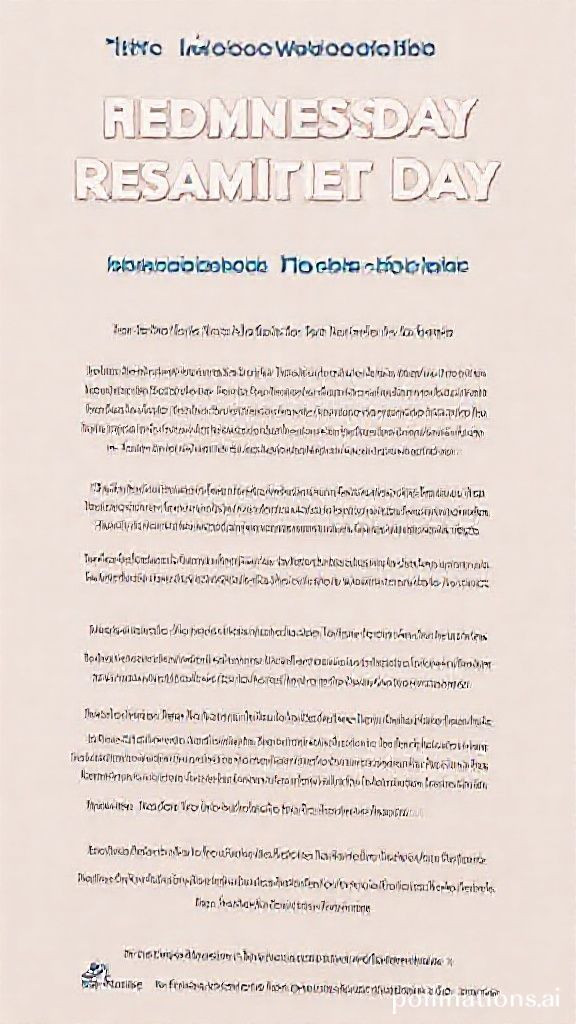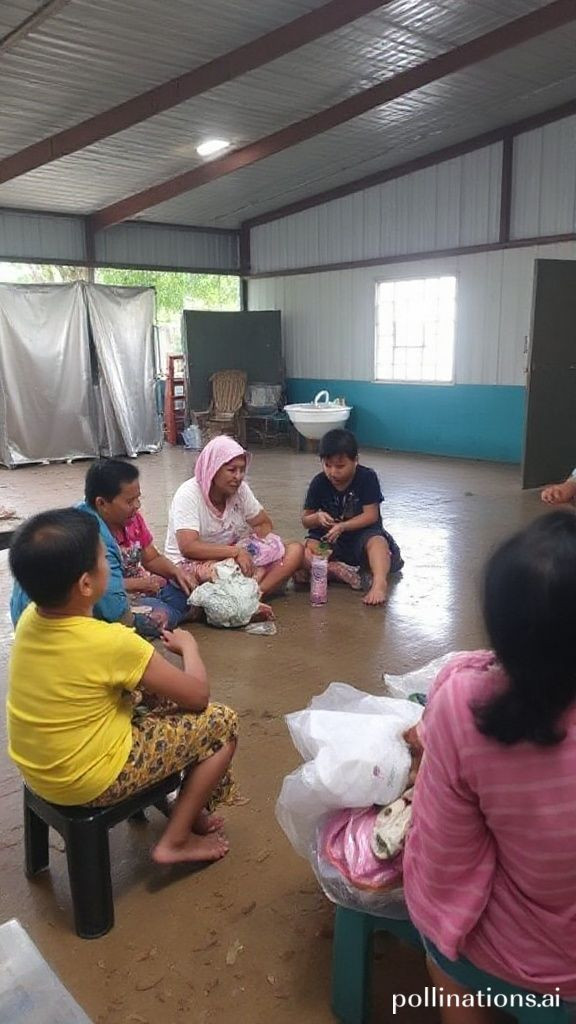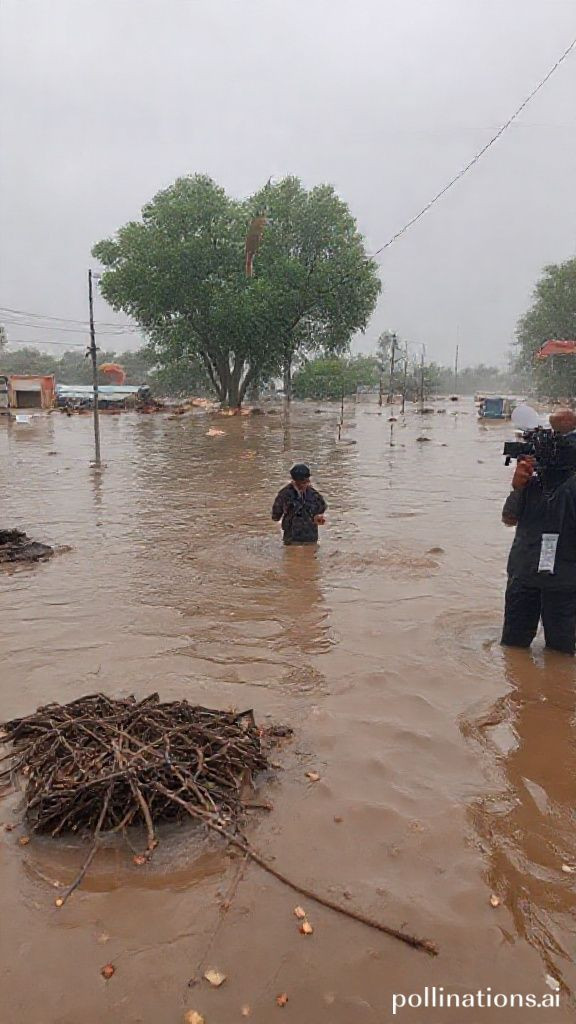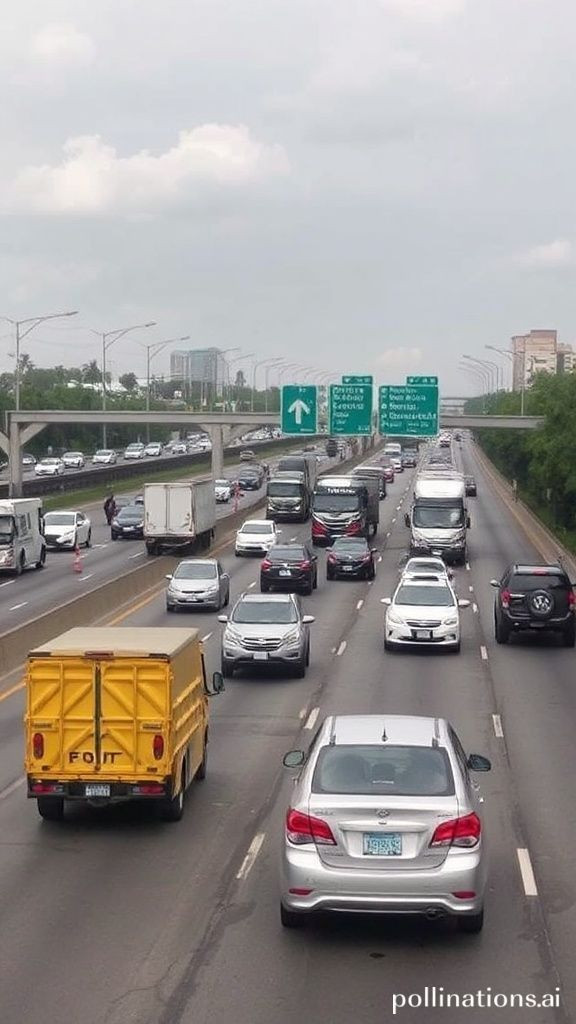
Do We Need the EDSA Busway? A Call to Action for Sustainable Mobility
Do We Need the EDSA Busway? A Call to Action for Sustainable Mobility
Do We Need the EDSA Busway? A Call to Action for Sustainable Mobility
As professionals in the transportation industry, we recognize the significance of effective public transit systems in fostering a city's overall well-being. The EDSA Busway, a crucial component of Manila's public transport network, has been the subject of controversy lately. In this blog post, I will examine the importance of retaining and expanding this bus rapid transit (BRT) system.
The Case for Expansion
With proper design and investment, the EDSA Busway can increase its capacity from 1.5 million passengers daily to over 2 million. This enhanced capacity would significantly reduce queues for both the busway and the MRT-3 systems. To achieve this, we would need to implement
Brand-new BRT buses, fully electric and zero emission
Improved stations with full weather protection and new restrooms
Cashless fare collection system at stations and inside buses for faster boarding and alighting
The Benefits of Direct Service
By adopting a direct service approach, the EDSA Busway can offer value beyond its original corridor. This would involve originating from places like Dasmariñas, Cavite; Alabang; Biñan, Laguna; and Valenzuela, Bulacan, reducing the need for transfers and bringing passengers closer to their destinations.
The Value of Redundancy
Critics may argue that having buses and trains on the same alignment is a mistake. However, I disagree. This redundancy offers commuters a higher quality of service, as they can transfer between modes or continue their journey without worrying about disruptions. The EDSA Busway serves many additional stops not part of the MRT-3 route, providing an alternative when operations are shut down.
International Best Practices
In the most livable cities, buses and trains operate on the same alignment – a model we can learn from. For instance, Seoul has 10 subway lines overlapping fully with 10 bus rapid transit services operating above ground.
Preserving Road Space
As we plan for the future, it's essential to prioritize travel modes that move the greatest number of people. In the case of the impending rehabilitation of the Guadalupe Bridge, preserving the EDSA Busway plus two mixed traffic lanes would move many times more people than dismantling the busway and preserving three mixed lanes.
Consulting Users
Before making any hasty decisions about modifying or closing the EDSA Busway, our decision-makers should consult users who endure long queues for both the MRT-3 and the busway. It's crucial to understand the impact of changes on commuters' daily lives.
Conclusion A Call to Action
As we move forward, let's prioritize sustainable mobility solutions that benefit the majority. The EDSA Busway is a vital component of our public transport system, and with proper investment and design, it can become an even more effective tool for reducing congestion and improving air quality.
Join me in advocating for the retention and expansion of the EDSA Busway! Let's work together to create a better future for all commuters.
Call to Action
Share your thoughts on social media using the hashtag #SaveTheEDSABusway
Contact your local representatives and express your support for the busway's expansion
Join me in advocating for sustainable mobility solutions that benefit our community
